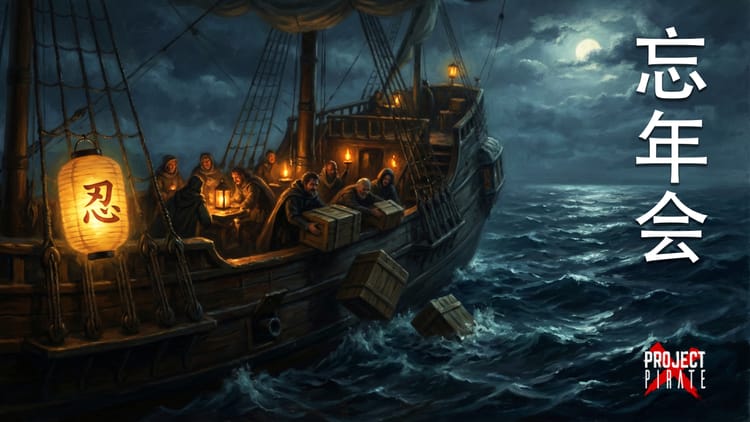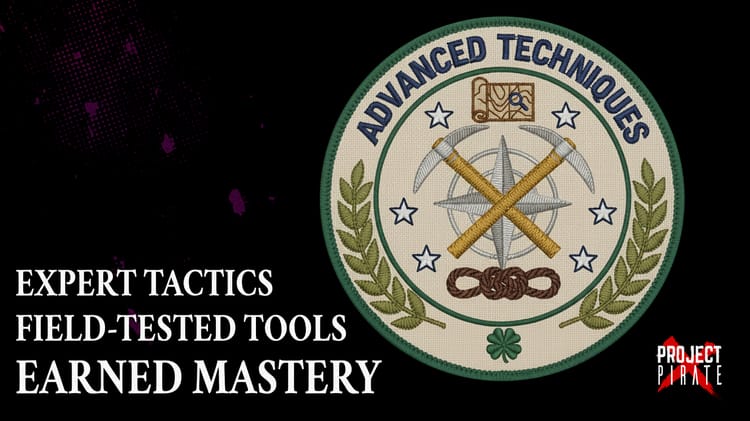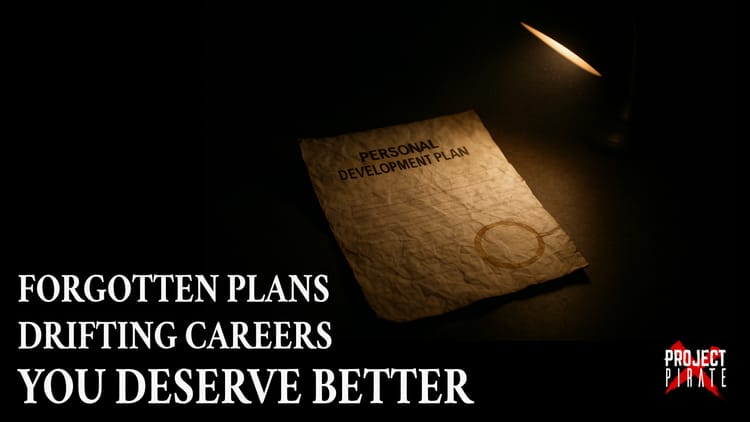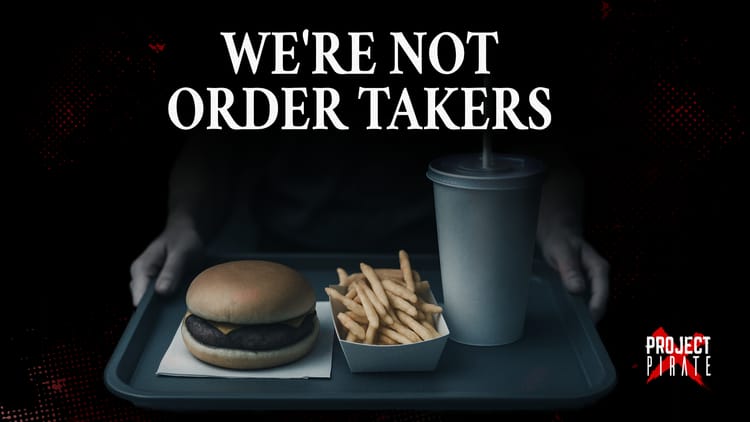The Tattoo That Outranks an MBA: Why Real Leaders Earn, Not Memorise
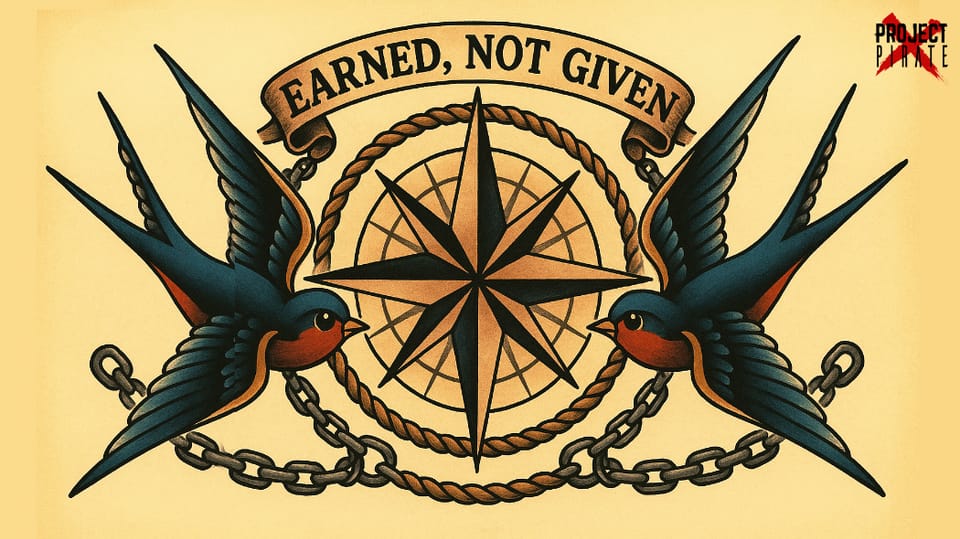
Earned, not given.
Most experienced managers know the type: the project lead whose resume glows with credentials, yet panics the moment a plan derails. The Agile coach who's brilliant at facilitating retrospectives but has never led a team through genuine crisis. The consultant who sparkles with slide decks and certified frameworks but folds when the client resists the playbook.
And it raises a familiar question: how can someone look so qualified on paper, yet fall apart in reality?
The answer lies not in modern business theory, but in maritime history - where competence couldn't be bought, only earned through hardship, judgement and survival. In the age of sail, 18th-century British sailors had a far better system for recognising real skill. No certificates. No credentials. Just ink on skin and the hard miles it took to earn it.
The Swallow as Visual Narrative, Not Decoration
The swallow tattoo; now a fashionable aesthetic, was once the most rigorous professional credential imaginable. But it represented something our modern credentialling systems have completely forgotten: authentic proof of capability under pressure.
Historically, sailor tattoo motifs were never random decorations. They functioned as "visual narratives," compressing a seafarer's experiences, beliefs and survival into tangible proof that spoke louder than any diploma. These indelible marks served as non-verbal communication within a culture that valued demonstrated capability over theoretical knowledge.
A sailor earned their first swallow only after surviving 5,000 nautical miles at sea. A second marked 10,000 miles; nearly half the circumference of Earth (21,639 nautical miles for those interested). These weren't souvenirs or participation trophies. They were survival certificates, each one proving the bearer had endured storms, navigated uncertainty and contributed to Crew survival when lives hung in the balance.
You couldn't fake your way to that tattoo. You couldn't buy it at a weekend workshop. The miles were either sailed or they weren't.
What the Sea Actually Measured
The 5,000-nautical-mile threshold wasn't arbitrary; it represented extraordinary hardship in the age of sail. This distance meant months battling tempests with primitive technology, making life-or-death decisions with incomplete information and maintaining Crew morale when conventional authority structures broke down. It meant storm-tested judgement when traditional plans failed, adaptive expertise in solving unprecedented problems with limited resources and leadership under pressure that emerged through trust, not rank.
But beyond physical endurance, the swallow measured something deeper: psychological resilience forged through genuine adversity. Sailors were, by necessity, a superstitious bunch facing overwhelming existential threats. Their tattoos served as psychological anchors... tangible sources of comfort and identity when confronting forces beyond their control.
If that sounds familiar to project leaders - it should.
The Modern Translation
I once worked on a major digital transformation that was in freefall. We needed a senior programme lead to recover the delivery and bring the team back from the brink. One candidate stood out on paper with three unique and 'prestigious' certificates (removed to not stoke the flame of fanboys and fangirls alike) and a flawless resume. Another had no formal credentials but spoke with quiet confidence about the toughest projects she'd ever seen and how she'd brought them home.
The difference was stark. The first candidate spoke frameworks. The second spoke outcomes. The first was technically perfect. The second had scars.
We hired the second. She took charge, calmed the waters and delivered the rescue within nine weeks. No fanfare. Just results.
This is what modern "nautical miles" look like; not theoretical knowledge, but accumulated wisdom from navigating genuine storms.
The False Harbour of Credentialism
Modern business has created what I call a "false harbour" - a credentialing industry that profits from professional insecurity whilst producing paper sailors who look impressive but can't navigate when storms hit.
We've built elaborate systems that reward surface polish over substance. Entire careers are constructed on passing exams rather than proving capability. Organisations spend millions on certifications that demonstrate someone understands a framework but not whether they can apply it when conventional approaches fail.
The result? A generation of credential-dependent managers who hide behind methodology when challenged. They reference best practice like a talisman, but when faced with problems that fall outside the manual, they stall. They've studied the theory of sailing but never felt the deck pitch beneath their feet.
Why Experienced Practitioners Spot Them Immediately
Talk to any seasoned project manager and they'll tell you: you can identify the paper sailors within minutes of conversation.
How they describe past challenges reveals everything:
- Real practitioners discuss specific obstacles, failed approaches and hard-won lessons.
- Paper sailors speak in framework language and theoretical abstractions.
Their response to unexpected problems is equally telling. Storm-tested professionals adapt quickly, drawing on accumulated experience, whilst credential-dependent managers panic when their prescribed methodologies don't apply. The language itself differs - those with genuine expertise speak about nuance, context and judgement calls, whilst those relying primarily on certifications default to rigid processes and textbook solutions.
It's not malicious; they simply lack the accumulated wisdom that only comes from repeatedly navigating uncertainty with real consequences at stake... in nature, it takes significant pressure to create a diamond! 💎
The Questions That Reveal True Competence
What would it look like if we stopped hiring based on certifications and started hiring based on capability? Instead of asking about frameworks and training, we'd explore the stories that matter - the modern equivalent of counting nautical miles:
- What's the hardest programme you've ever led—and what did you learn from it?"
- "Tell me about a time your original plan fell apart. What did you do next?"
- "When have you had to lead through uncertainty, with no clear path forward?"
- "Describe a crisis situation where your intervention prevented programme failure."
- "What's the most complex stakeholder conflict you've resolved?"
These questions surface experience that can't be memorised or faked - complex programmes delivered from conception to completion, teams successfully led through transformation under resource constraints, international challenges navigated and the accumulated wisdom that only comes from repeatedly charting courses through uncharted waters.
A System That Actually Works
The sailor tradition reveals something profound: competence isn't accumulated through courses but through progressively challenging experiences that test and expand capability.
Imagine organisations that valued demonstrated competence over credentials:
Project managers would be promoted based on successfully delivered transformations, not certificates earned.
Leaders would be recognised for teams they've built and developed, not leadership courses attended.
Consultants would be valued for problems they've actually solved (through tough implementation, not by telling someone else how it 'could' be done), not frameworks they can recite.
Innovation would emerge from practitioners with diverse experience, not carbon copy / cloned groups with identical certifications.
The most respected professionals in any field share characteristics with those tattooed sailors: they've weathered genuine storms, made high-stakes decisions with incomplete information, built teams that trust them through demonstrated capability and continue learning from each new challenge rather than from classrooms.
What Project Pirate Believes
At Project Pirate, we don't believe competence is a course. We believe it's a journey.
We trust those who've led in choppy seas, not those who've merely studied the theory of sailing. We promote leaders who have delivered outcomes under pressure and we build Crews with people who've weathered genuine tempests - not just training.
This isn't about eliminating professional development. It's about recognising that true competence comes from doing the work, making mistakes, adapting and gradually building the judgement that only emerges through experience when real consequences are at stake.
The Choice Before Us
Every industry faces the same choice those maritime cultures confronted: How do we measure and recognise genuine competence?
We can continue down the current path; creating elaborate credentialing systems that enrich training organisations whilst producing professionals who look good on paper but struggle with real challenges i.e. Paper Sailors.
Or we can learn from the sailor's wisdom: true competence is earned through accumulated experience under pressure, demonstrated through sustained performance and recognised by peers who've navigated similar waters.
The tattooed sailor didn't need to tell you he could be trusted. His record was written on him. His swallow tattoos were visual proof of capability that couldn't be faked, bought or memorised - only earned through genuine hardship and survival.
One Final Question
In a world that increasingly rewards surface over substance, maybe it's time we return to something more honest.
Not, "What certifications do you hold?"
But, "What storms have you weathered?"
Because the mark of real competence isn't printed on a certificate.
It's carved into experience.
The swallow earned through 5,000 miles of dangerous waters tells a story no business school can replicate.
Have you earned your swallows?
What professional "nautical miles" have you accumulated? And how do we help organisations recognise experience-tested competence over credential-dependent performance?
